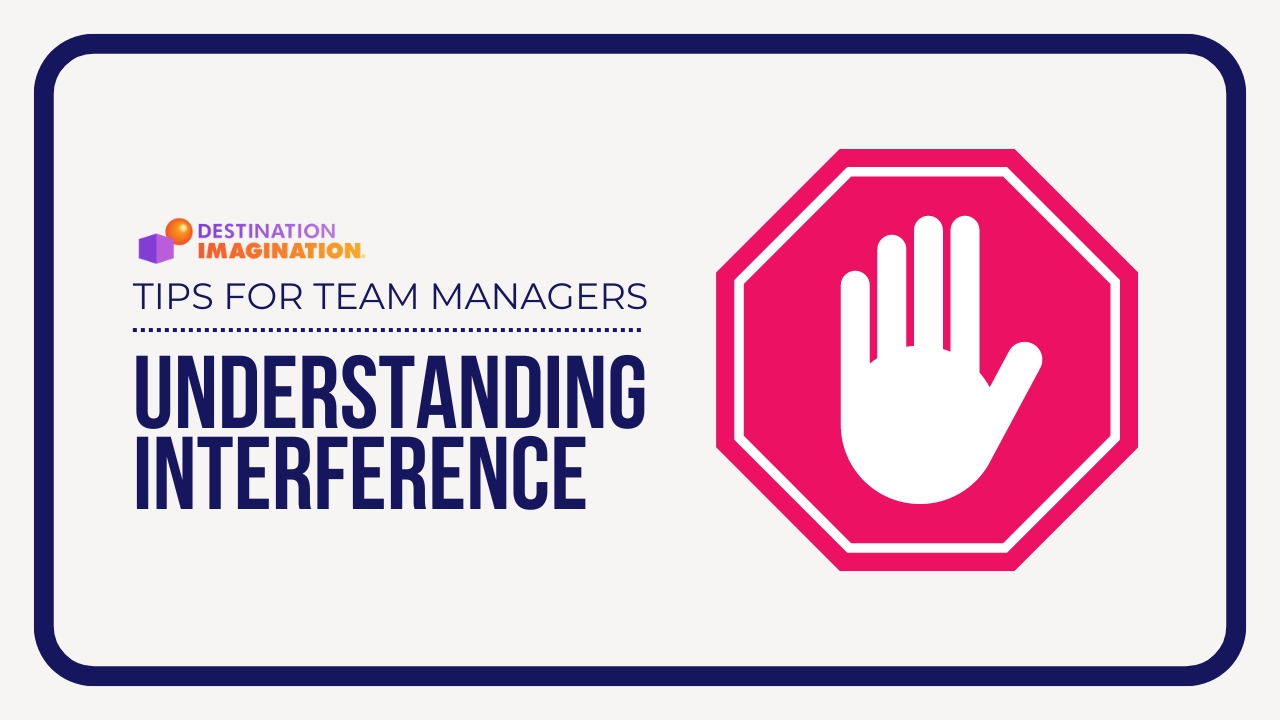No one starts off as an Instant Challenge genius. For many, the ability to think critically on one’s feet in a very short period takes a lot of practice. Instant Challenge is not only a fun team-building activity, it accounts for 25% of a team’s score. As a Team Manager, there are a variety of things you can do to help your team. Here are a few ideas you can try:
- Ask the team to generate ideas about which team jobs they might assign themselves so they can be better organized in their approach to Instant Challenges. Some of these jobs might include:
Task Manager: in charge of the overall development and implementation of a Task-Based Instant Challenge.
Performance Manager: in charge of the overall development and implementation of a Performance-Based Instant Challenge.
Timekeeper: in charge asking the Appraisers for the amount of time that remains for the team to solve its Instant Challenge.
Materials Manager: in charge of ensuring that materials are used thoughtfully because in most Instant Challenges, they do not come in unlimited quantities.
Score Manager: in charge of keeping track of where the team will receive the most points in a Challenge situation and making judgments about where the team should direct its time.
Flex Team Member: has the ability to float between numerous positions or fill in a new one if necessary. - Have the team members switch jobs for each practice session so they become familiar with all of them.
- Record the team as they practice the Instant Challenge. Then, as you play the video, have the team critique what they see. This is especially valuable for developing teamwork skills.
- In order to encourage fluidity and to discourage the team from thinking there is only one “correct” solution to a Challenge, have them do the same Instant Challenge several times, each time requiring a different solution.
- Try having them do the same Task-Based Challenge several times and remove an important material each time they do it.
- When they have completed an Instant Challenge, don’t retire it permanently. Have the team do it again several weeks later. Discuss with the team whether they are approaching the Challenge differently than they did before; if it is different, have them discuss what they had learned that made them change their approach.
For more helpful tips, be sure to follow us on Facebook, X, and Instagram, and check out our Team Manager Tips series on our blog.






